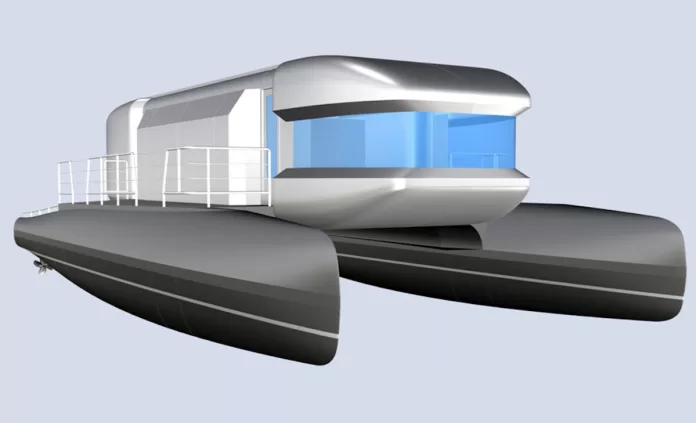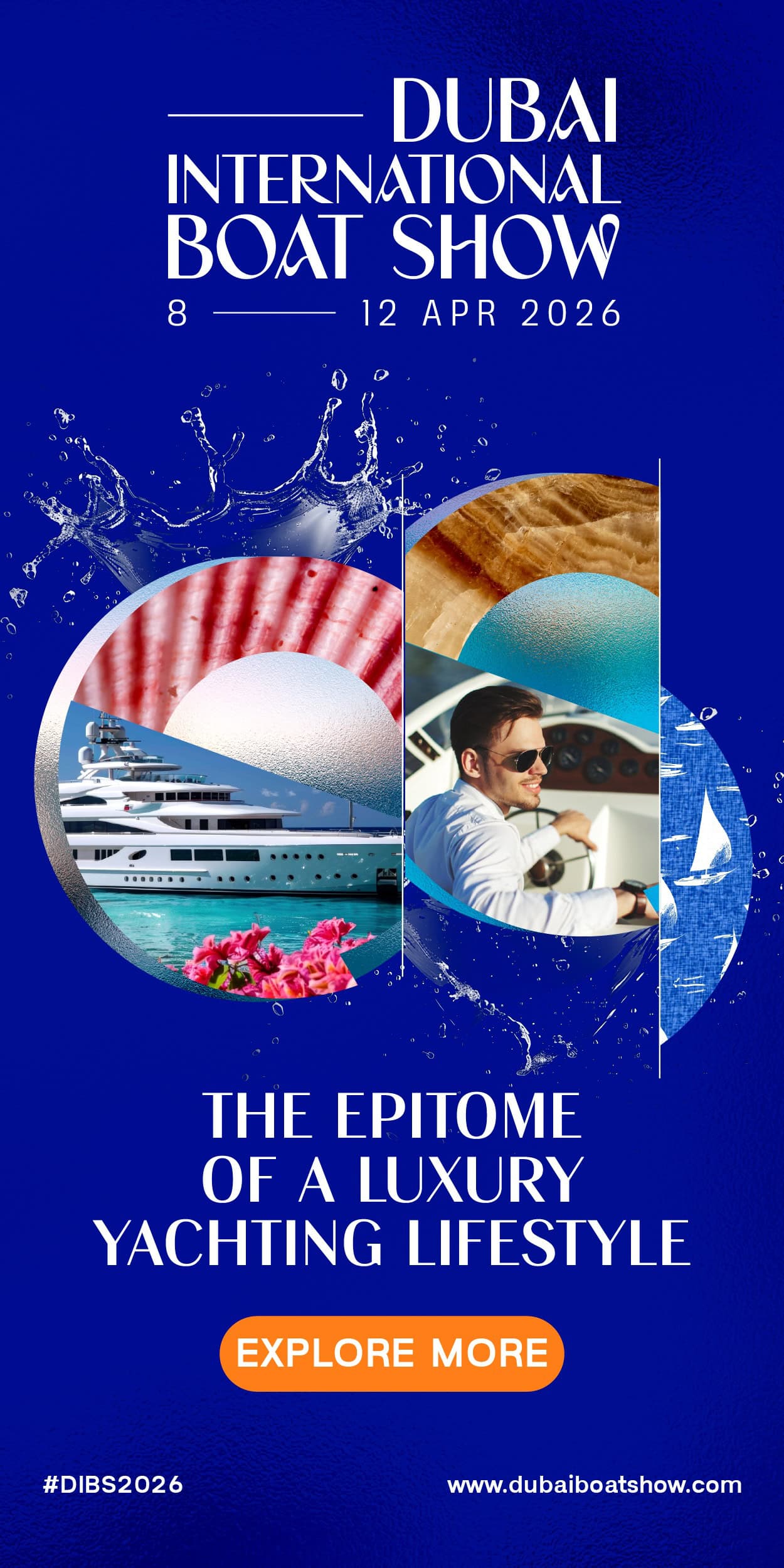Electric drive company, Torqeedo, is taking part in an autonomous shipping research project.
The ‘Smart & Green Ship’ joint research project is being carried out with the University of Duisburg-Essen (UDE) and the Development Centre for Ship Technology and Transport Systems e. V. (DST).
The project aims to advance fully autonomous navigation in inland waterways by researching various combinations of automation and emission-free drive systems.
It focuses on the development of a 15m long test platform, currently being constructed by the Feller Yachting shipyard in North Rhine-Westphalia.
This is an inland vessel with a catamaran hull that will be able to transport people as well as goods in the future.
The two floats of the test platform, which carry the hull above the water, are equipped with solar panels to keep the vehicle operational without any other source of energy while it is docked in the harbour.
Major challenge
The test vessel’s electric drive system consists of two Torqeedo 50kW Deep Blue motors powered by four Deep Blue Battery 80s installed in the stern of the ship.
“Transportation on inland waterways is facing a major challenge in that there is a lack of sufficiently qualified skippers,” said Fabian Bez, Torqeedo CEO. “At Torqeedo we are happy to be part of the development of the Smart & Green Ship and support the UDE and the DST in developing a future-oriented solution to the shortage of skilled labour while promoting the use of environmentally friendly drive solutions.”
Uwe Feller from Feller Yachting continued: “The modular design of the propulsion system and the hull makes it easy to retrofit additional green energy sources in the future, such as a fuel cell or generator powered by sustainable liquid fuels.
“The ship will also be equipped with all the necessary technical components to enable completely autonomous cruising – including lock passages as well as mooring and casting off manoeuvres.”
The Smart & Green Ship is expected to be handed over to the project partners by Feller Yachting in September 2024, when it will then enter a one-year test phase in the Dortmund-Ems Canal.



